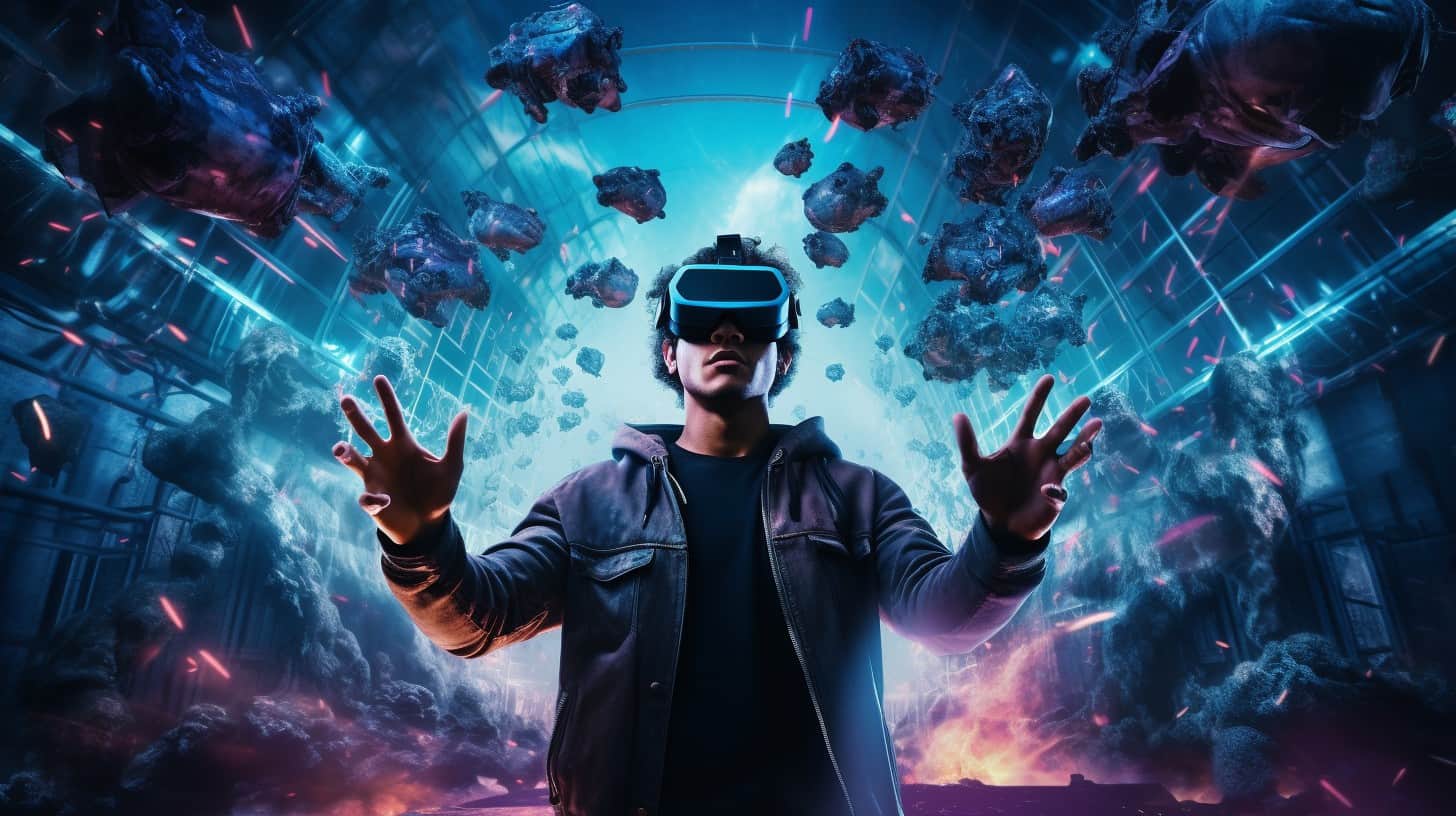In the ever-evolving landscape of professional development, the integration of cutting-edge technologies has become a hallmark of forward-thinking organizations. Among these innovations, Virtual Reality (VR) has emerged as a transformative tool poised to revolutionize the way employees are trained. Beyond traditional methods of workshops and e-learning modules, VR offers a dynamic and immersive experience that transcends the limitations of conventional training approaches. As industries seek more effective and engaging training solutions, the spotlight is increasingly turning towards the potential of VR to enhance learning outcomes, boost retention, and simulate real-world scenarios for a diverse range of professionals.
Real-world Simulation and Skill Mastery
One of the key advantages of VR in employee training lies in its ability to break down barriers associated with traditional training methods. Unlike traditional classroom settings or online courses, VR offers a simulated environment that mirrors real-world scenarios. This immersive experience allows employees to apply theoretical knowledge in practical situations, fostering a deeper understanding of their roles. For instance, in fields like healthcare or aviation, where precision and quick decision-making are paramount, VR simulations provide a risk-free space for trainees to practice and refine their skills. This not only accelerates the learning curve but also instills confidence in employees as they enter their respective roles. The hands-on, experiential learning facilitated by VR ensures that employees are better equipped to navigate complex situations, ultimately enhancing their overall competence and adaptability.
Customized Virtual Reality Training
In the realm of talent development, the emergence of Enterprise VR Training Solutions heralds a new era of innovation and customization. These tailored VR platforms offer organizations the flexibility to design immersive training experiences tailored to their specific needs and industry requirements. Whether it’s onboarding new hires, upskilling existing employees, or simulating high-stakes scenarios, virtual reality training solutions empower organizations to deliver targeted and impactful learning experiences. By harnessing the power of VR technology, companies can create realistic simulations that closely mimic their operational environments, allowing employees to gain practical insights and skills in a safe and controlled setting. This level of customization not only enhances the relevance and effectiveness of training programs but also ensures alignment with organizational goals and objectives. As businesses increasingly recognize the value of personalized learning experiences, Enterprise VR Training Solutions are poised to play a pivotal role in shaping the future of talent development strategies.
The Neuroscience of VR Learning
Traditional training methods often struggle to maintain engagement levels, leading to decreased retention of information. In contrast, VR captivates users by leveraging the principles of experiential learning and spatial memory. Studies in neuroscience have shown that immersive experiences stimulate the brain in ways that traditional methods cannot. VR engages multiple senses, creating a more profound and memorable learning experience. This heightened engagement is particularly valuable in industries where the stakes are high, such as emergency response training or customer service scenarios. The emotional connection formed through VR experiences enhances the overall learning process, making it more likely for employees to retain and apply the knowledge gained. As organizations recognize the link between engagement and learning outcomes, the adoption of VR in employee training is poised to become a cornerstone of future-oriented talent development strategies.
Scalability and Cost-effectiveness of VR Training
While the benefits of VR training are evident, the technology’s scalability and cost-effectiveness are often questioned. However, advancements in VR hardware and software have addressed these concerns, making it increasingly viable for organizations of all sizes. VR training eliminates the need for physical training spaces and materials, reducing associated costs. Moreover, the scalability of VR allows organizations to deploy training programs globally, ensuring consistency in learning experiences across different locations. As remote and hybrid work models become more prevalent, VR provides a solution that transcends geographical boundaries, enabling companies to train their workforce efficiently and cost-effectively. The adaptability of VR in accommodating various training needs and its potential to democratize access to quality learning experiences position it as a game-changer in the realm of employee training, promising a more flexible and dynamic approach to talent development.
The integration of Virtual Reality in employee training marks a paradigm shift in how organizations approach talent development. The ability of VR to simulate real-world scenarios, enhance engagement, and provide scalable, cost-effective solutions positions it as a powerful tool for shaping the future of workforce education. As technology continues to advance, embracing VR in training programs is not just a trend but a strategic imperative for organizations seeking to stay ahead in an ever-changing business landscape. The future of employee training is undeniably in the spotlight, with Virtual Reality leading the way towards a more immersive, effective, and adaptable learning experience.
